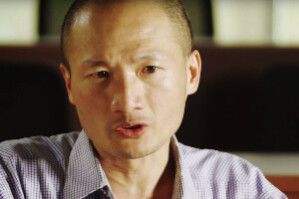Matt Marx, Boston University Questrom School of Business, and David Hsu, Richard A. Sapp Professor of Management, The Wharton School
Research Policy, June 2015
Abstract: We present a synthetic framework in which a technology entrepreneur employs a dynamic commercialization strategy to overcome obstacles to the adoption of their ideal strategy. Whereas prior work portrays the choice of whether to license a new technology or to self-commercialize as a single, static decision, we suggest that when entrepreneurs encounter obstacles to their ideal strategy they can nevertheless achieve it by temporarily adopting a non-ideal strategy. We refer to the sequential implementation of commercialization strategies, in which the first strategy enables the second, as a switchback—reminiscent of zigzag paths that enable passage up steep mountains. We analyze conditions under which switchbacks can be effective in enabling the entrepreneur’s ideal commercialization strategy given the attending costs, risks, and likely incumbent response.




